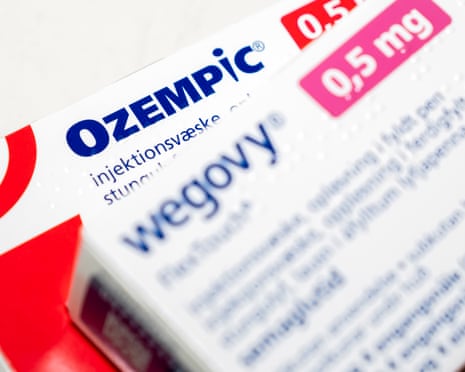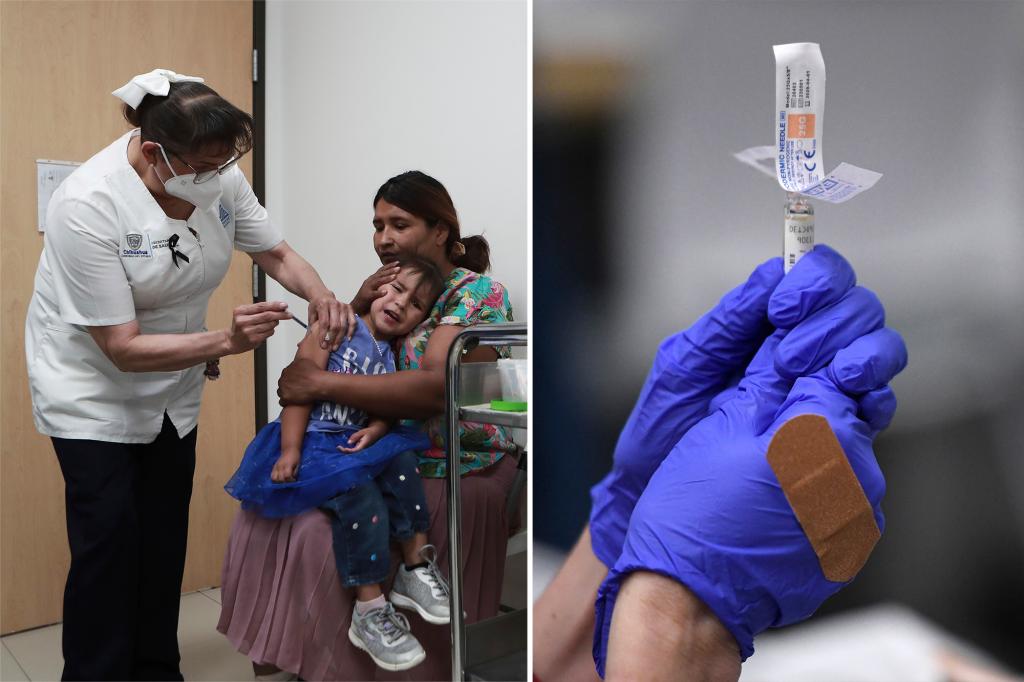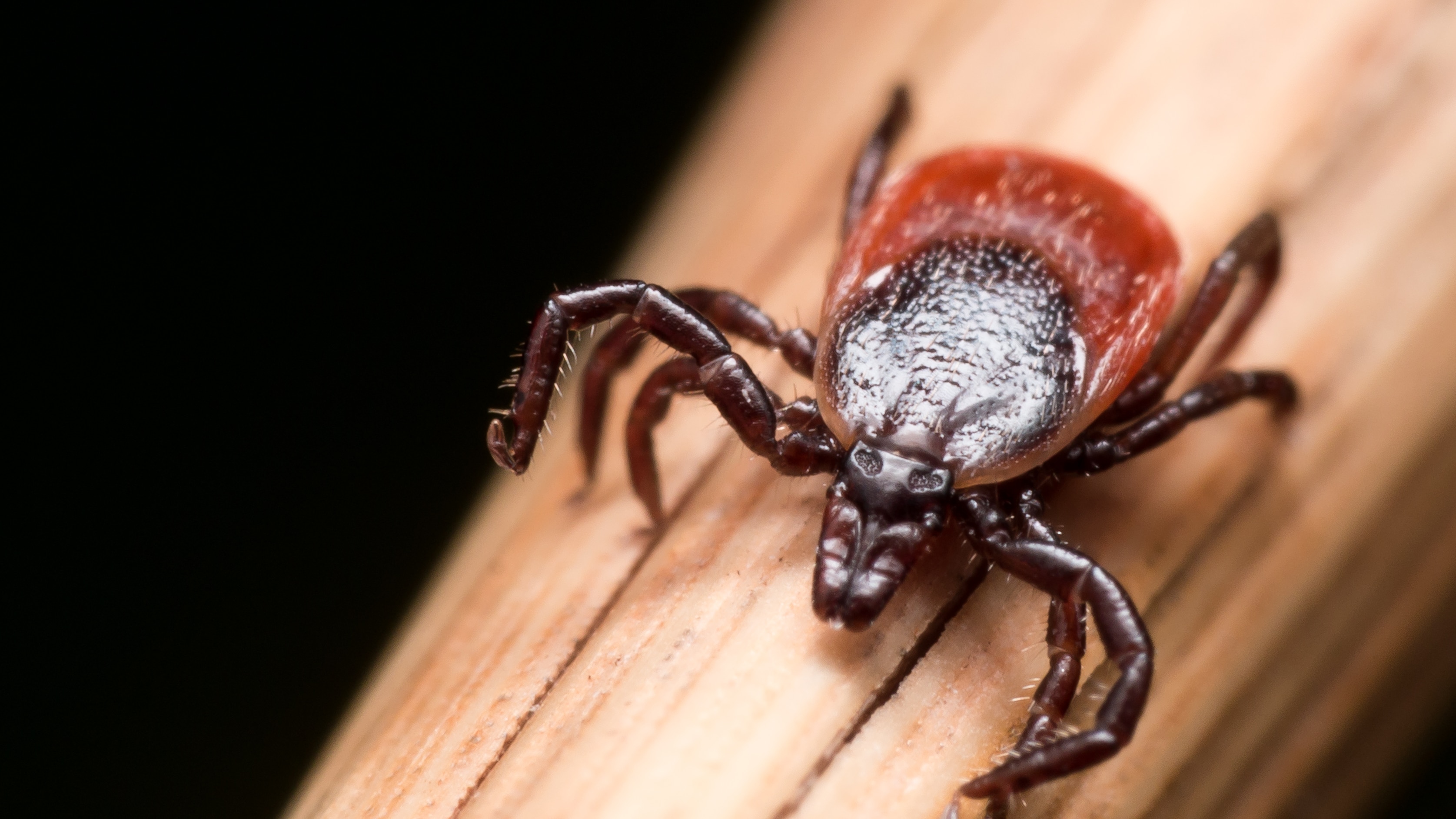Living Near Golf Courses May Increase Parkinson's Risk: New Study
A new case-control study indicates that living near golf courses and obtaining drinking water from sources shared with them may elevate the risk of developing Parkinson's disease. The study, conducted in Minnesota and Wisconsin, suggests a possible link between pesticide exposure from golf courses and the onset of Parkinson's. The research highlights the need for further investigation into environmental risk factors for the disease.

 Times of India
Times of India
 Newsweek
Newsweek
 MedPage Today
MedPage Today
 Medscape
Medscape
Intermittent Fasting: Kidney Health, Carb Restriction Benefits, and Study Findings
This article provides an overview of intermittent fasting, including its effects on kidney health, with warnings about potential risks for individuals with pre-existing conditions. It also discusses a recent study suggesting that restricting carbohydrate intake may offer similar metabolic benefits to intermittent fasting, such as increased fat burning and improved metabolic health.

 ScienceAlert
ScienceAlert
 Verywell Health
Verywell Health
 The Hindu
The Hindu
 WPR
WPR
Time-Restricted Eating: Studies Show Potential for Weight Loss and Muscle Retention
This article examines recent research on time-restricted eating (TRE), also known as intermittent fasting, as a weight management strategy. It explores the impact of TRE on weight loss, muscle mass, and metabolic health, highlighting the importance of combining TRE with exercise and considering individual goals and needs.

 The Independent
The Independent
 New York Post
New York Post
 BarBend
BarBend
 Daijiworld
Daijiworld
Weight-Loss Jabs Show Promise in Treating Depression and Improving Mental Wellbeing
A new study presented at the European Congress on Obesity in Malaga, Spain, suggests that weight-loss injections, particularly GLP-1 receptor agonists like semaglutide (Ozempic, Wegovy), may have antidepressant and anti-anxiety effects. The research, involving over 26,000 adults, indicates improvements in mood, wellbeing, and quality of life, even for individuals with severe mental illnesses, potentially by reducing neuroinflammation.

 The Guardian
The Guardian
 The Times
The Times
 The Telegraph
The Telegraph
 Medical Xpress
Medical Xpress
US Measles Cases Exceed 1,000, Highest in Five Years: Outbreaks and Impact
The US is experiencing a resurgence of measles, with over 1,000 cases reported across 30 states, the highest number in five years. This resurgence is attributed to declining vaccination rates and is resulting in outbreaks, hospitalizations, and fatalities, primarily affecting unvaccinated individuals and children. Public health officials are working to contain the spread and emphasize vaccination importance.

 New York Post
New York Post
 NPR
NPR
 NBC News
NBC News
 ABC News
ABC News
FDA Approves First At-Home HPV Test for Cervical Cancer Screening
The FDA approved Teal Health's Teal Wand, the first at-home HPV test for cervical cancer screening. This offers a more convenient alternative to traditional Pap smears, potentially increasing screening rates, especially for those with limited access to healthcare. The device allows self-collection of vaginal samples for lab analysis, detecting high-risk HPV strains linked to cervical cancer.

 NPR
NPR
 The Washington Post
The Washington Post
 Fortune
Fortune
 NBC News
NBC News
Klotho Protein: Injections Show Promise for Lifespan Extension and Brain Rejuvenation
Research on mice suggests that Klotho protein injections can extend lifespan, improve muscle strength and bone density, and enhance brain function. The study, published in Molecular Therapy, found that male mice experienced greater lifespan and muscle strength gains, while females saw more bone structure improvements. Scientists are exploring the potential for human therapies.

 Earth.com
Earth.com
 Medical Xpress
Medical Xpress
 Daily Mail
Daily Mail
 MSN
MSN
Beauty Products Used by Black and Latina Women Contain Carcinogens, Study Finds
A recent study found that over half of Black and Latina women use beauty products containing formaldehyde, a known carcinogen. The study highlights the disproportionate exposure of women of color to these chemicals in everyday products like lotions and shampoos, not just hair straighteners. The research underscores the need for stronger regulation and increased awareness of the health risks associated with these products.

 The Independent
The Independent
 NPR
NPR
 People.com
People.com
 The Washington Post
The Washington Post
US Life Expectancy Varies Widely by State: Southern States Lag Significantly
A recent study analyzing 179 million deaths from 1969 to 2020 reveals striking differences in life expectancy across U.S. states. Northeastern and West Coast states have seen decades of extra life gained, while Southern states lag behind, with factors such as healthcare access, tobacco control policies, and poverty playing significant roles in these disparities.

 The Brighter Side of News
The Brighter Side of News
 Earth.com
Earth.com
 AL.com
AL.com
 VICE
VICE
Problematic Social Media Use Linked to Belief in Fake News, Poor Adolescent Health
Studies reveal that individuals with problematic social media use (PSMU) are more likely to believe and spread fake news. Additionally, a Swedish study found a graded association between PSMU and poor self-reported health in adolescents, with high family support potentially buffering against the negative impacts. These findings raise public health concerns and suggest avenues for intervention.

 Neuroscience News
Neuroscience News
 Ars Technica
Ars Technica
 BMC Public Health
BMC Public Health
 Phys.org
Phys.org
Brain Maps Actions Like Space: Hippocampus Links Action Planning to Motor Control
Researchers at the Max Planck Institute and University College London have discovered that the brain organizes action plans into cognitive maps within the hippocampus, much like spatial navigation. This map interacts with the motor system to guide behavior and decision-making. The study challenges traditional memory system views and demonstrates that interconnected neural networks link memory, perception, and motor control for efficient action selection.

 Neuroscience News
Neuroscience News
 Nature
Nature
 Medical Xpress
Medical Xpress
AI Predicts Biological Age from Facial Photos, Impacts Cancer Treatment Prognosis
Researchers developed FaceAge, an AI tool predicting biological age from facial photos. Cancer patients often appeared five years older than their chronological age according to FaceAge, with this 'age gap' correlating with poorer survival rates. The tool outperformed clinicians in predicting survival, especially when incorporated into treatment planning. While promising, ethical concerns and the need for diverse data are emphasized.

 Neuroscience News
Neuroscience News
 The New York Times
The New York Times
 Psychology Today
Psychology Today
 Live Science
Live Science
Okra and Fenugreek Extracts Effectively Remove Microplastics from Water, Study Finds
Researchers at Tarleton State University discovered that okra and fenugreek extracts can remove up to 90% of microplastics from ocean water, freshwater, and groundwater. These plant-based polymers outperform synthetic polymers, offering a biodegradable and non-toxic solution for water treatment. The extracts' effectiveness varies depending on the water source and microplastic composition.

 Good News Network
Good News Network
 PlasticsToday
PlasticsToday
 Sci.News
Sci.News
Brain-Boosting Foods: Diet Guide for Memory, Focus, and Cognitive Health
This article synthesizes information from multiple sources to provide a comprehensive overview of foods and nutrients that support brain health, improve memory, and enhance cognitive function. It highlights the importance of antioxidants, healthy fats, and various vitamins found in plant-based foods, berries, nuts, and other dietary staples. The article focuses on practical tips for incorporating these foods into daily meals for sustained mental clarity and long-term brain health.

 Hindustan Times
Hindustan Times
 Times of India
Times of India
 Yahoo
Yahoo
 Hindustan Times
Hindustan Times
Exercise and Novel Therapies Show Promise in Managing Parkinson's Disease
This article summarizes recent findings emphasizing the crucial role of exercise in managing Parkinson's disease. It also covers ongoing research into stem cell therapies and the importance of community support. Exercise has been shown to improve motor skills, mood, and overall quality of life, and stem cell transplants improved motor functions with even better agility when combined with exercise.

 Neuroscience News
Neuroscience News
 KCRA
KCRA
 CU Anschutz newsroom
CU Anschutz newsroom
 Saanich News
Saanich News
Early Warning Signs of Type 2 Diabetes: Increased Thirst, Slow Wound Healing
This article synthesizes information regarding early warning signs of type 2 diabetes, including increased thirst, frequent urination, and slow wound healing. It highlights the importance of early detection and intervention through lifestyle changes, such as diet and exercise, and emphasizes the role of blood sugar management to prevent long-term complications and the progression from Non-Diabetic Hyperglycaemia (NDH).

 Surrey Live
Surrey Live
 Times of India
Times of India
 Stoke on Trent Live
Stoke on Trent Live
 Daily Express
Daily Express
Tick-Borne Babesiosis Spreading in Mid-Atlantic: Study Warns of Emerging Threat
A recent study indicates that babesiosis, a tick-borne disease, is emerging in the Mid-Atlantic region, with cases reported for the first time in Maryland, Virginia, West Virginia, and the District of Columbia. The disease, previously concentrated in the Northeast and Upper Midwest, is spreading due to factors like climate change and increasing deer populations, posing a risk especially to the elderly and immunocompromised.

 The Baltimore Banner
The Baltimore Banner
 Southern Maryland News Net
Southern Maryland News Net
 Grist.org
Grist.org
 13newsnow.com
13newsnow.com
Autism Diagnoses Rise: Increased Awareness, Genetic Factors, and Rubella Risks
Recent reports indicate a rise in autism diagnoses in the US. This increase is attributed to greater awareness, improved screening methods, and broadened diagnostic criteria. Genetic factors are believed to play a significant role, while debunked theories, such as the link between vaccines and autism, persist. Early identification and comprehensive support systems are crucial for individuals with autism and their families.

 BBC
BBC
 KSAT
KSAT
 Psychology Today
Psychology Today
 Docwire News
Docwire News
Vitamin D Deficiency: Risks, Symptoms, and Recommendations for Adequate Intake
This article provides an overview of Vitamin D deficiency, particularly focusing on its impact on women, pregnant individuals, and the general population. It highlights symptoms like fatigue, muscle weakness, mood disorders, and hormonal imbalances. It also emphasizes the importance of sunlight exposure and consulting healthcare providers for proper assessment and management, including potential supplementation.

 Times of India
Times of India
 Times of India
Times of India
 The Indian Express
The Indian Express
 KFYR-TV
KFYR-TV
FDA Approves First At-Home HPV Test for Cervical Cancer Screening
The FDA has approved Teal Health's Teal Wand, the first at-home HPV test for cervical cancer screening. This test offers a more accessible alternative to traditional Pap smears performed in a doctor's office, potentially increasing screening rates, especially among women in rural areas or those who find pelvic exams uncomfortable. Experts highlight the importance of follow-up care and cost considerations.

 The Washington Post
The Washington Post
 The New York Times
The New York Times
 NBC News
NBC News
 CNBC
CNBC
